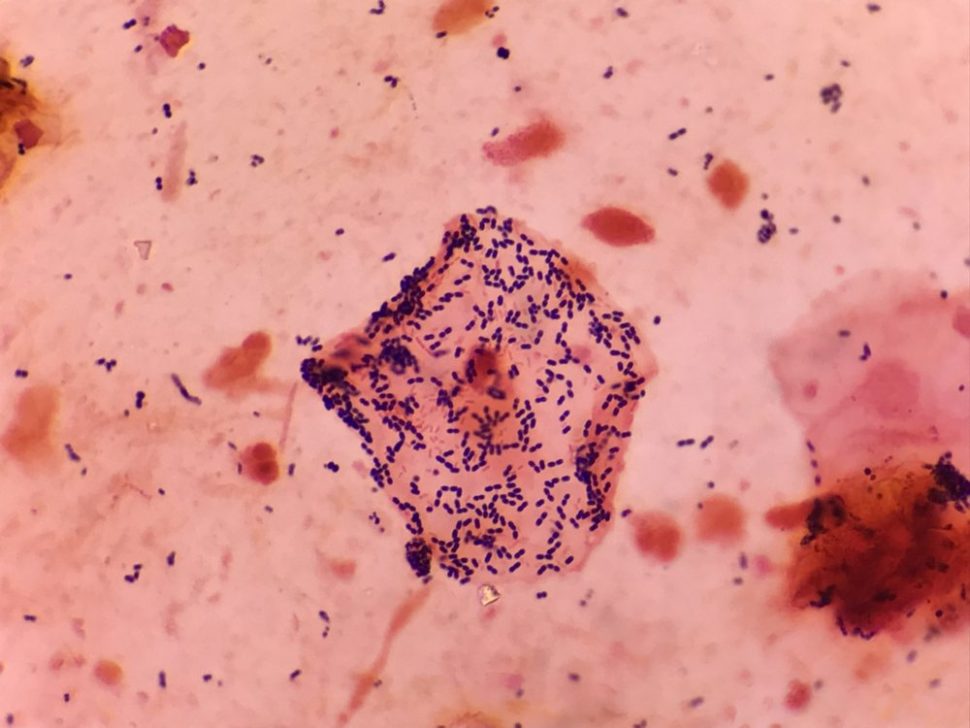We all know about the extreme dangers that “Superbugs” pose.
Antibiotic resistant strains of our favorite bacteria like MRSA or methicillin-resistant Staphylococcus aureus which causes staph infections are growing in number.
A study into the proposed CRISPR pill could bring about the death knell of the superbug.
CRISPR pill obliterates superbugsClick To TweetAll-in-One Pill
Pharmaceuticals and robotics have paired together to provide us with many cutting edge technologies. Whether it’s applied science or utilization of nanobots as a drug-delivery vector, researchers are currently charting this frontier. Out of this exploration and experimentation, the CRISPR pill came into existence.
Thanks to a new study from the University of Wisconsin-Madison, the CRISPR Pill might become a viable tool in the fight against drug resistant bacteria. No word yet on if the blue or red pills have different effects.
How Does It Stop Bacteria Antibiotics Can’t?
CRISPR originated as a robust and efficient gene editing technology. Due to its versatility, it attracted much attention. Food scientist Jan-Peter van Pijkeren has transformed that into a mixture of probiotic bacteria. In order to combat drug resistant strains of bacteria, the CRISPR pill functions as a “bacteriophage”. You might recognize the word “phage” from conversations surrounding viruses.
This is no accident; viruses attack bacteria all the time. If the same virus attacks a bacteria more than once, the bacteria utilize saved virus DNA to target a virus with RNA as a defense mechanism. CRISPR uses this same defense mechanism. Inspired by this natural phenomenon, researchers utilize the bacteria’s own defenses against itself. The CRISPR DNA essentially commands the bacteria DNA to destroy instead of replicate.
That’s right–this pill can theoretically control bacteria. The idea here is to maintain the “good” bacteria in the gut–the kind that helps regulate digestion among several other bodily processes. In order to do this, you must adjust your approach from traditional antibiotics. Pijkeren put it best:
“The downside of antibiotics is they are a sledgehammer that depletes and destroys the gut microbial community. You want to instead use a scalpel in order to specifically eradicate the microbe of interest.”
Don’t Get Too Excited Yet
A killer for super drug resistant bacteria is all well and good, but it isn’t a reality yet. While AATI is hailing this as a replacement for antibiotics, the revolutionary pharmtech is not yet in animal trials.
The concept of using bacteriophages against superbugs has been utilized before, as well. Despite the obvious benefits to using the gene editing tech against devastating bacteria, it could have potentially detrimental effects. U.S. Intelligence officials voiced concerns about the use and control of gene editing tech in the production of WMDs.



















Comments (0)
Most Recent